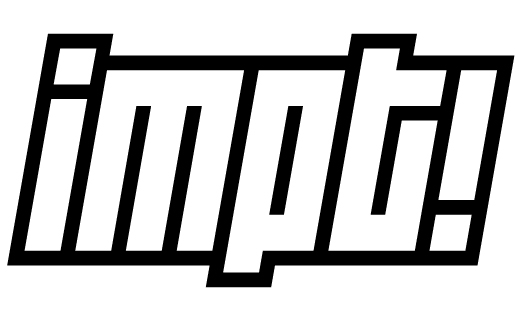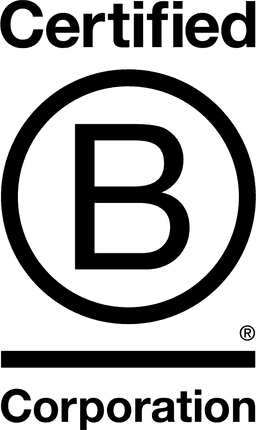

IMPT!™ Company

Rio de Janeiro, Brazil
March 2021
Apparel
Wholesale/Retail
Brazil,
United States
Founded in 2015, IMPT! is a lifestyle brand from Rio de Janeiro, more precisely from OLARIA. Founded by Victor Hugo and Carolina Ramos, the brand was born with the intention of promoting a lifestyle that values the transforming and relevant power of those who do not conform to the limiting barriers. IMPT! has a global vision but chooses to drink from the sources of its local culture (the northern zone of Rio) to convey optimism, tranquility, confidence, elegance, and nobility through its creations. In addition to urban fashion, the brand is directly linked to music and contemporary art, which inspires the slogan: “Music is the fuel. Fashion is the expression. Imagination is the designer." As a response to its unconformed DNA, since its beginning IMPT has constituted as a social business, investing 10% of our revenue (being 2% to local non-profit organizations) in local artists and collaborative local creative projects. The name IMPT! means an abbreviation for the word “important”. Victor Hugo Ramos, founder and creative director of the brand, defines the IMPT!’s contribution in the urban fashion scene as “a positive look that celebrates creative excellence, without losing attention to what is really important”.
Overall B Impact Score
Governance 19.9
Governance evaluates a company's overall mission, engagement around its social/environmental impact, ethics, and transparency. This section also evaluates the ability of a company to protect their mission and formally consider stakeholders in decision making through their corporate structure (e.g. benefit corporation) or corporate governing documents.
What is this? A company with an Impact Business Model is intentionally designed to create a specific positive outcome for one of its stakeholders - such as workers, community, environment, or customers.
Community 87.7
Community evaluates a company’s engagement with and impact on the communities in which it operates, hires from, and sources from. Topics include diversity, equity & inclusion, economic impact, civic engagement, charitable giving, and supply chain management. In addition, this section recognizes business models that are designed to address specific community-oriented problems, such as poverty alleviation through fair trade sourcing or distribution via microenterprises, producer cooperative models, locally focused economic development, and formal charitable giving commitments.
What is this? A company with an Impact Business Model is intentionally designed to create a specific positive outcome for one of its stakeholders - such as workers, community, environment, or customers.
Environment 8.9
Environment evaluates a company’s overall environmental management practices as well as its impact on the air, climate, water, land, and biodiversity. This includes the direct impact of a company’s operations and, when applicable its supply chain and distribution channels. This section also recognizes companies with environmentally innovative production processes and those that sell products or services that have a positive environmental impact. Some examples might include products and services that create renewable energy, reduce consumption or waste, conserve land or wildlife, provide less toxic alternatives to the market, or educate people about environmental problems.
Customers 2.5
Customers evaluates a company’s stewardship of its customers through the quality of its products and services, ethical marketing, data privacy and security, and feedback channels. In addition, this section recognizes products or services that are designed to address a particular social problem for or through its customers, such as health or educational products, arts & media products, serving underserved customers/clients, and services that improve the social impact of other businesses or organizations.